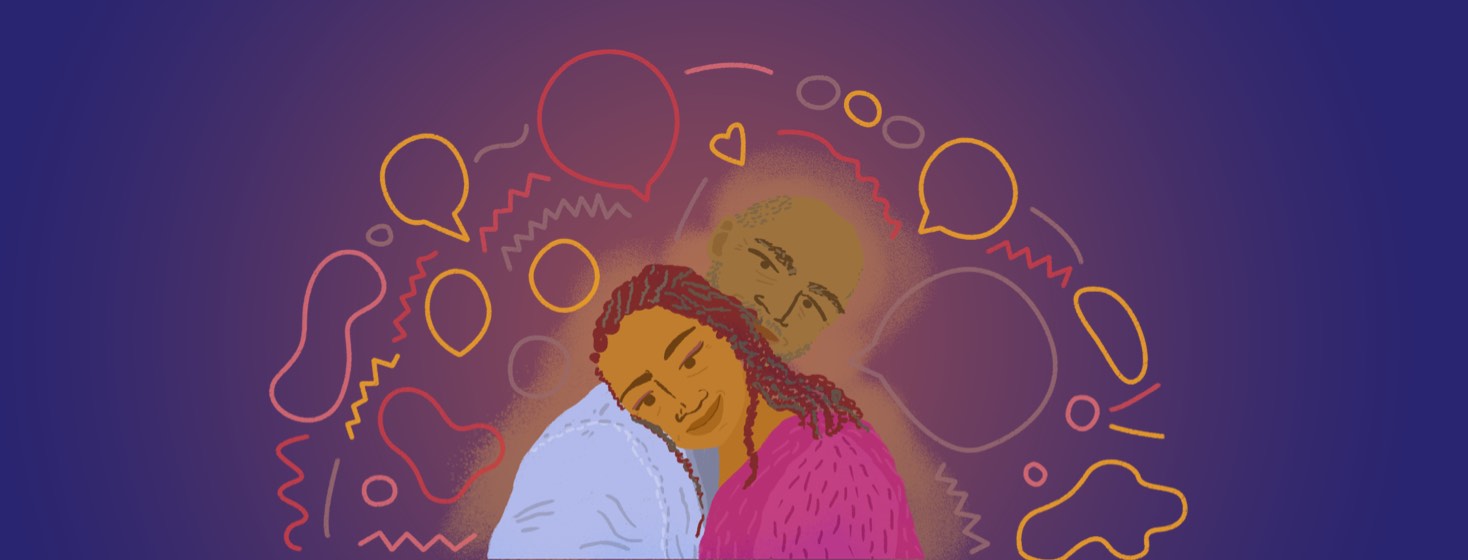Support and Caregiving: A Couple Shares Their Story
Jessica has endometriosis, and Chris is her partner. Together they find ways to manage the condition and support each other through its challenges. Below they discuss where to start when supporting each other through the journey of managing endometriosis:
Jessica, in what areas do you need the most support regarding living with endometriosis, and what does Chris do that is the most helpful?
Jess: Well in the phase I’m at with my endo, it’s really the associated conditions and the burdens they place on me.
At the moment I need his help with cooking us low histamine and bladder-friendly foods, to keep my flare-ups at bay. That can be difficult as I’m sensitive to a lot of things right now and it can be hard to keep track of. I could probably help Chris by writing a list.
I’ll need help developing a new SIBO friendly diet, as I’ll be moving away from my treatment and on to the prevention stage, which includes a low carbohydrates diet. This is going to be a totally new way of eating for me!
Not so much right now, but until recently I’ve needed his help taking on most of the household chores, though lately, I am managing to do much more of the washing up and cleaning as I get stronger.
Chris is incredibly caring and just does a generally amazing job of looking after me and making sure I rest when I need to rest.
Chris, what areas do you need support from Jessica with and how does she do this?
Chris: Luckily for me, Jess is very well educated around endometriosis and she keeps me informed which, as a man with very little education in women’s reproductive health from school, is really important.
Staying educated on the topic means that we can have meaningful discussions about how best to manage her symptoms, changes we can make, and how I can fit in that journey.
Also, as Jess mentioned above, keeping on top of all the foods that she is and isn’t allowed to eat with regards to SIBO or triggering endo flare-ups is tricky. I always think that I’ve got it nailed, then I’ll absent-mindedly season a whole meal with something I shouldn’t have!
Some kind of checklist on the fridge would be perfect for this. Perhaps we could put this together.
What advice would you give to other people on supporting each other around endometriosis?
Jess: Be as honest as possible about what you need, what’s working, what isn’t, and don’t feel guilty about it, just be considerate when expressing it.
I know it’s a pain, but sometimes I have to remind Chris of certain things, like not using a certain spice or not heating foods in plastic, etc. I feel like a nag, but I’m the one who’s living with all of these conditions and so it’s of course they’re going to be at the forefront of my mind and not always his.
Chris: Take an active part in your partner’s endometriosis journey and educate yourself about it. When you learn about the condition, conversations around it are easier and less mysterious, you can take a more meaningful role to help your partner manage their symptoms, and you can advocate better for your partner and the whole endometriosis community.

Join the conversation